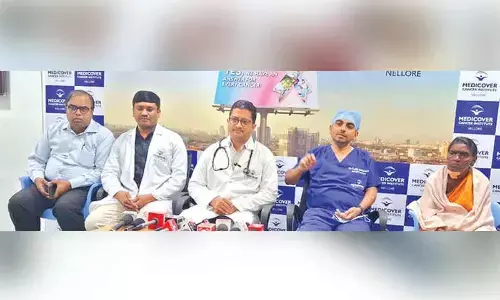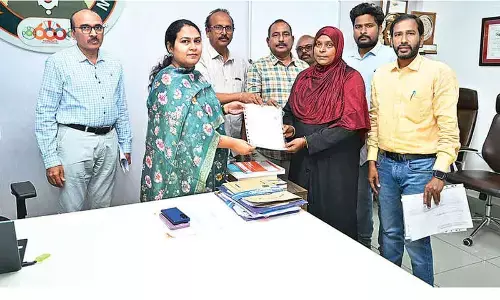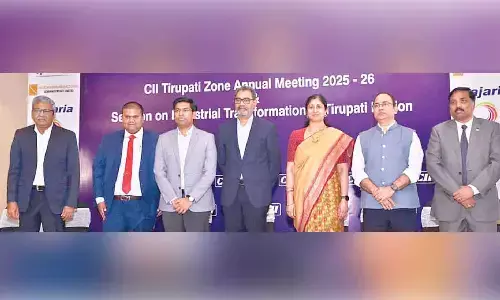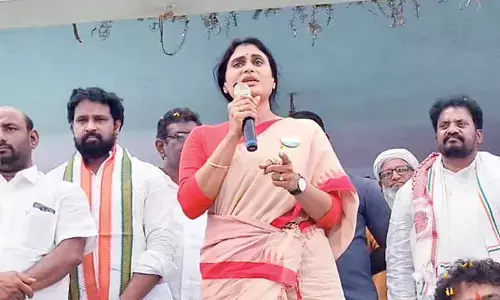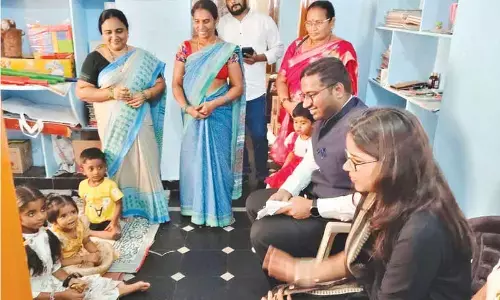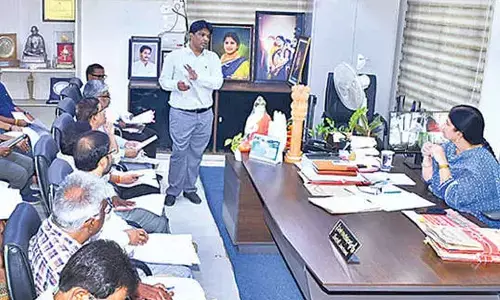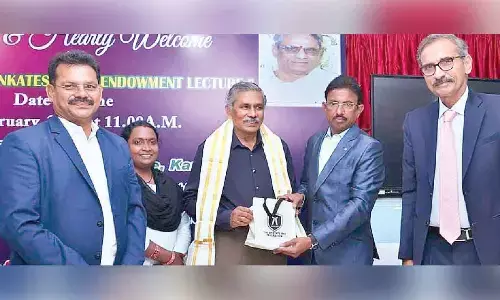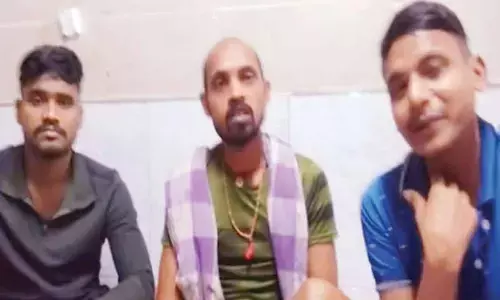Schemes for women merely welfare initiatives, not devpt programmes
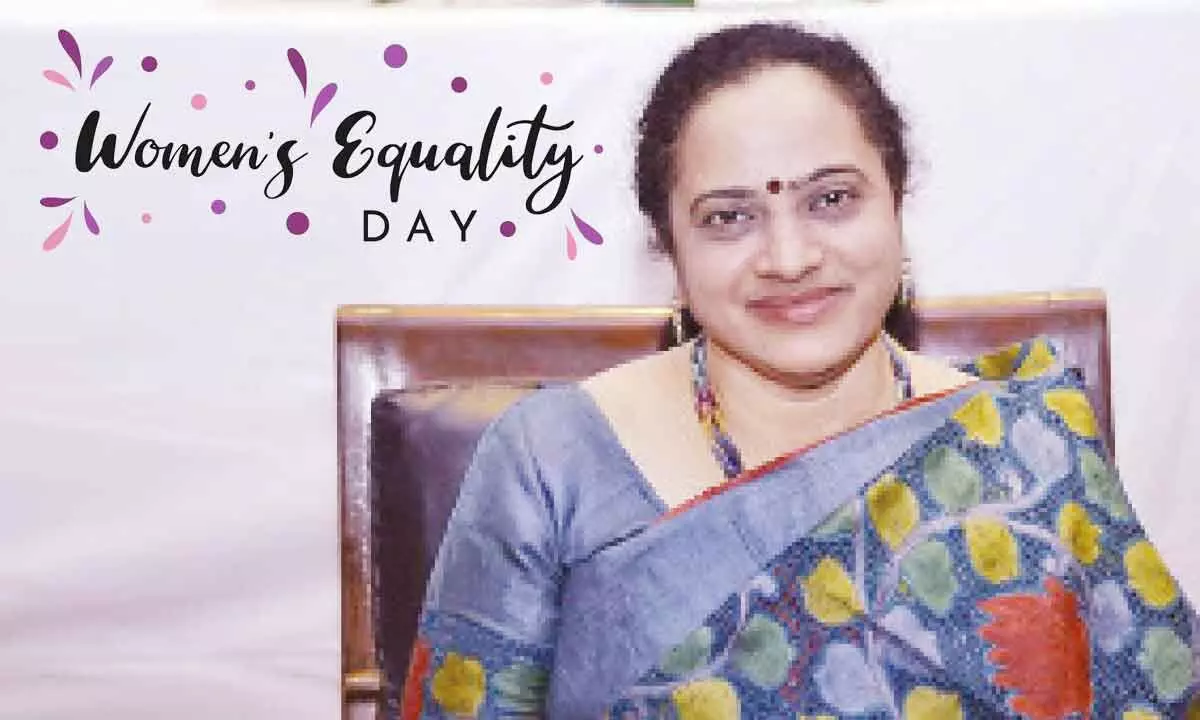
Dr Mamatha Raghuveer Achanta
- Govt should design programmes which actually empower women and give them better opportunity to learn and develop; they need evaluation, monitoring and improvement
- Women’s rights advancement is a challenging and ongoing process that calls for consistent effort and dedication from all parties involved
Hyderabad: Women’s Equality Day acts as a reminder of the advancements made in gender equality while also drawing attention to the continued difficulties and disparities that women continue to experience in societal contexts, including politics, the workplace, and other areas.
Despite the fact that Women’s Equality Day is not commonly observed in the country, attempts are being made to increase public awareness of the significance of gender equality and women’s rights.
Dr Mamatha Raghuveer Achanta is a women and child rights activist and founder of the non-governmental organisation ‘Tharuni’ which has been working for the empowerment of girl child and women since 2000. She has also served as chairperson of the Child Welfare Committee, Warangal district, as a member of the Andhra Pradesh State Commission for the Protection of Child Rights and now is a part of the POSH (Prevention of Sexual Harassment) Act Internal Complaint Committee.
Speaking to The Hans India, she said, “Even though women are securing fantastic prospects because of their higher education, they need to improve their skill set, which is necessary for moving up the ladder. Additionally, discrimination is still an issue. Men need to adopt a more encouraging and supporting attitude towards women.”
According to a survey carried out in 2020, 22 per cent of men in India perceived widespread discrimination against women, while 24 per cent women reported facing discrimination because of their gender.
“Even though the Constitution guarantees women equal rights, we are still having trouble putting it into practise. No matter which sector it is, women do have a bit of a struggle to get to a higher position. Although the government allocates different budgets and programmes for betterment of women, there is no effort to check if these initiatives have really helped women get to higher positions or not,” she said. As of February 2021, only 14.4 per cent seats in Parliament were held by women. She said, “Self Help Groups (SHG) have provided some, but not all, of State’s women with assistance. Women are left behind because there is no secondary level of mentoring available to them. Even though Telangana has a number of new programmes, like “Gruha Lakshmi” and “Kalyana Lakshmi” and even supports elderly people through pensions, they are merely welfare initiatives and not development programmes. Therefore, the government should design programmes that actually empower women and give them better opportunity to learn and develop.”
While there are many programmes initiated by the State and Central government that may help women, it’s critical to make sure they are implemented well and have a positive impact. The full realisation of the advantages may be hampered by difficulties like low awareness, bureaucratic hurdles and cultural barriers. To make sure that the programmes effectively meet the needs of women and promote their empowerment and well-being, ongoing evaluation, monitoring, and improvement are required.
Women’s rights advancement is a challenging and ongoing process that calls for consistent effort and dedication from all parties involved.


